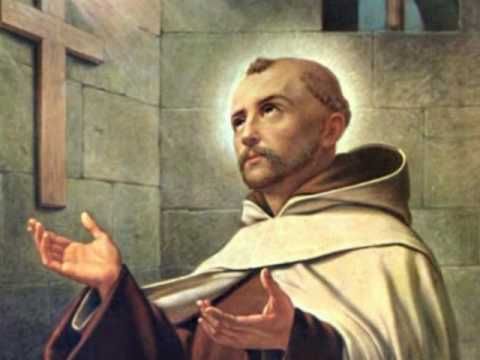Tim Parks in The New York review of the Books
Over the last ten years or so I have read literary biographies of Dickens, Dostoevsky, Chekhov, Hardy, Leopardi, Verga, D. H. Lawrence, Joyce, Woolf, Moravia, Morante, Malaparte, Pavese, Borges, Beckett, Bernhard, Christina Stead, Henry Green, and probably others too. With only the rarest of exceptions, and even then only for a page or two, each author is presented as simply the most gifted and well-meaning of writers, while their behavior, however problematic and possibly outrageous—Dickens’s treatment of his children, Lawrence’s fisticuffs with Frieda—is invariably described in a flattering light.
We’re not quite talking hagiography, but special pleading is everywhere evident, as if biographers were afraid that the work might be diminished by a life that was less than noble or not essentially directed toward a lofty cause.
Consider Hermione Lee on Woolf’s suicide: the biographer takes it as an indication of Woolf’s resilience and courage for not having committed suicide in the preceding years, despite her severe depression—a courage directed at breakthroughs in fiction on behalf of female emancipation and for the general furtherance of our culture. There is no real basis for this reflection, or any need for it. Lee simply takes whatever chances she can to build up a positive moral image of Woolf.
Gordon Bowker takes Joyce at his word that he had to leave Ireland because he was unable to become a great writer in a provincial atmosphere amid competing claims of nationalism and Catholicism. Yet the facts suggest Joyce was working well in Ireland; he was publishing and had a growing reputation. A more urgent problem was his having an uneducated and very young girlfriend whom he was embarrassed to present to family or intellectual friends as a future wife, but with whom he wanted to enjoy nuptial bliss at once.
That was possible only by moving abroad, a move that definitely slowed down his career and would condition all his work from then on. Bowker enthuses over the myth of the independent artist seeking alone the “spiritual liberation of his country,” then lets us know that Joyce was consulting his aunt by post over his young wife’s depression (Nora was desperately lonely in countries where she could not speak the language) and visiting prostitutes in the meantime.
All biographies of Beckett speak with awe of his artistic integrity, his unwillingness to give interviews or to have his novels entered for prizes. But elsewhere it’s clear that Beckett had problems with all forms of social engagement, and in particular anything that laid him under an obligation or limited his freedom in any way.
In early adulthood he would not work, insisted on his parents’ supporting him, but refused to accept that this gave them any right to tell him what to do with his time. Later, he found in his companion Suzanne Dumesnil someone who not only supported him financially but also promoted his work and wrote letters to his publishers for him. In his first novel, Murphy, the eponymous hero refuses to work and is supported by a prostitute, though the person he most admires is an autistic patient totally secure from outside influence. In “First Love” a tramp is picked up by a prostitute and taken back to her house for sex. He escapes into a back room, barricades himself in, and asks to be fed and have his chamber pot removed while conceding nothing in return. In neither story is there any question that this is done for art or out of a need for integrity.
I deeply admire the work of all these writers. I have no desire to run them down. On the contrary. What I find odd is that biographers apparently feel a need to depict their subjects as especially admirable human beings, something that in the end makes their lives less rather than more interesting and harder rather than easier to relate to their writing. It is so much clearer why the books were written and why they had to be the way they are if the life is given without this constant positive spin.

Leave a Reply